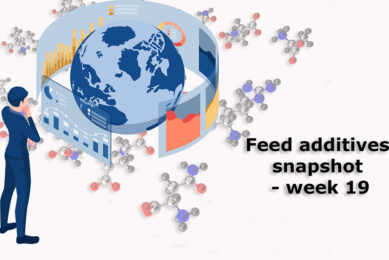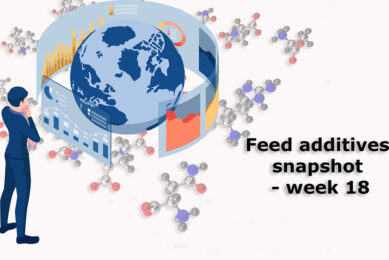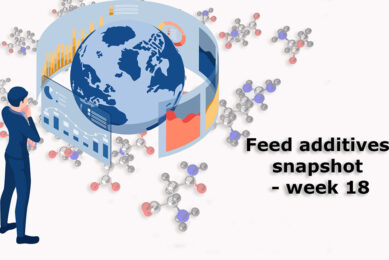World Economic Forum: The price of water
At the World Economic Forum in Davos, Switzerland a panel, including United Nations Secretary-General Ban Ki-moon, told delegates that the issue of water scarcity now poses one of the greatest threats to health, safety, economic growth, human rights and national security.
Water scarcity is the result of various factors: Population growth, increased levels of consumption and climate change all play a part.
Too cheap
Piet Klop, senior fellow at the World Resources Institute, a Washington D.C., think tank, states that there is another problem that is often overlooked: Water is just way too cheap.
“The price of water is a very contentious issue. But the lack of a fair value for this precious commodity is the chief problem in tackling water scarcity,” he said.
Klop argues that in most of the world, the price of water is a far cry from what its scarcity value suggests it should be.
Implicit and explicit government subsidies mean that the price of water often doesn’t even cover the cost of treating it and pumping it to people’s houses.
This encourages wastefulness and means there is not enough revenue to invest in water infrastructure, Klop said.
Only 2.5% is potable
There is plenty of water in the world, but 97.5% of it is salt water. We depend on the remaining 2.5% — much of which is locked away beyond practical use in the polar caps and glaciers — for a vast array of purposes: From drinking, washing and growing food to managing waste, cooling power stations and as a raw material for industrial processes.
Greg Koch, director of global water stewardship at Coca-Cola, says: “There is a lot of water in the world and it is a fixed amount that is infinitely renewable.
“The issues surrounding its scarcity are temporal: Where is it now, how can I get it, how clean is it? Using water is, in and of itself, not a bad thing. But using it inefficiently can be.”
Demand for water is growing. Goldman Sachs estimates that global water consumption is doubling every 20 years.










